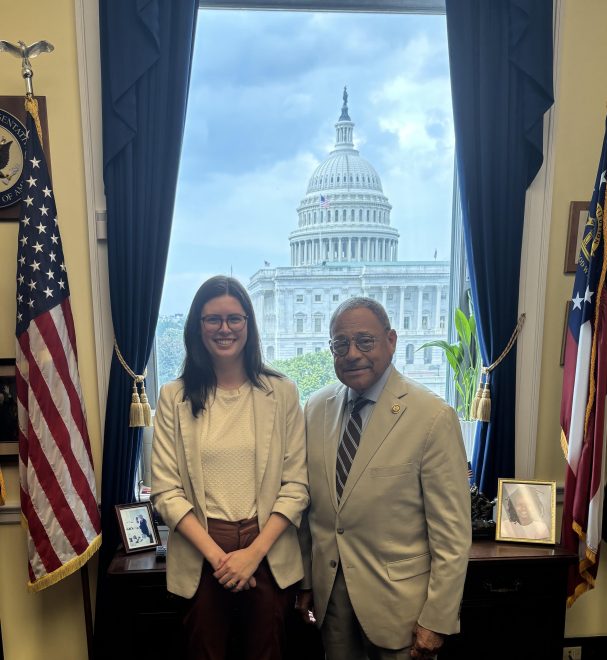Protecting our most vulnerable is the right thing to do
Published 11:44 am Wednesday, August 12, 2020
For once, it seems, there may be something our elected officials can agree on.
Under the dome of the nation’s Capitol, lawmakers from both sides of the aisle are taking up the cause of some of our most vulnerable citizens — the elderly, and specifically, those with Alzheimer’s and other forms of dementia.
Trending
According to senators who have backed the Promoting Alzheimer’s Awareness to Prevent Elder Abuse Act, approximately one in 10 people 60 years old and older have experienced some form of elder abuse. The rate is much higher for those with Alzheimer’s and other dementias, perhaps at more than 50%.
Under the auspices of the bill, the Department of Justice’s
abuse training materials would take into account individuals with Alzheimer’s and related dementias.
The Alzheimer’s Association’s Georgia chapter points out the struggle people with Alzheimer’s are facing during the COVID-19 pandemic. By the organization’s estimation, there are 150,000 Georgians with Alzheimer’s or some form of dementia.
Later this month, the Alzheimer’s Association is holding a virtual event on advocacy for Alzheimer’s, “Why It Matters and Where to Start?” The Alzheimer’s Association reports that long-term care facilities, staff and residents are in a crisis because they can’t access necessary data or access accurate date and information.
According to the Alzheimer’s Association, the disease affects 48% of nursing home residents and 42% of those in senior care facilities. Alzheimer’s is the fifth-leading cause of death in the state, which has seen a 246% increase in deaths in the last 20 years. Across the U.S., approximately 40% of all COVID-19 deaths were residents or staff of long-term care facilities.
Trending
The pandemic could put the elderly, especially those with Alzheimer’s, at greater risk of being abused or exploited, financially, physically or emotionally. Helping some of most vulnerable citizens is a worthwhile endeavor and we urge our elected officials who can enact such measures to do so.





